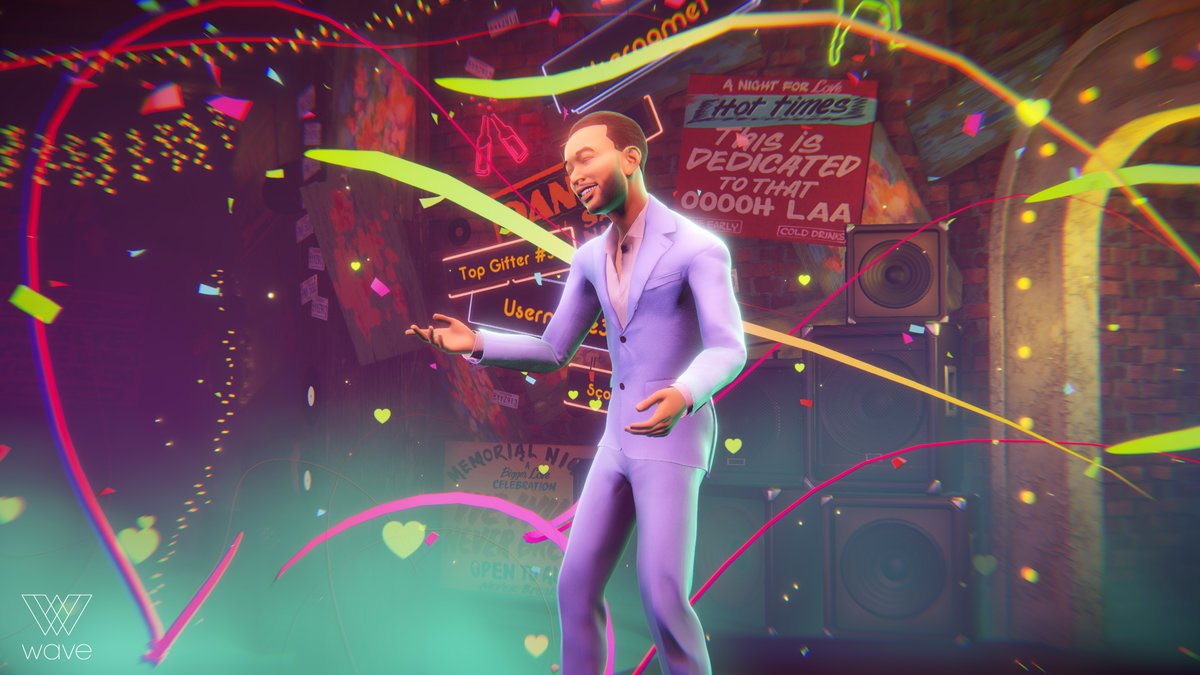To those that have been paying attention to immersive music experience startup Wave, the recent announcement that they are sunsetting their VR app on Steam should not come as a surprise:

The startup, originally known as TheWaveVR, had increasingly started to focus on immersive experiences that don’t require VR. The VR was replaced in their URL and social media handles by XR, which typically denotes mixed reality although it’s also used for ‘extended reality’ or ‘cross-reality’.
Will Wave still let online music subcultures thrive, as I wrote in 2017? They have and they will. Wave’s co-founder, Adam Arrigo, rightly remarks that artists need audiences to thrive and VR hadn’t taken off in the way they’d hoped. Startups being startups, tough choices have to be made and being spread too thin while juggling different priorities and audiences kills startups. For Wave, that meant getting out of VR (for now) despite growth in the space.
Steam, the world’s online largest gaming store & platform, just reported that 2020 saw 71% more VR revenue compared to 2019. A large portion of which can be attributed to a single game called Half Life: Alyx (39% to be exact). However, some of that revenue can be attributed to Beat Saber, a game that combines music & VR, which has been called “the closest thing VR has seen yet to a ‘killer app’“.
In other news, Bootshaus, a well-known club in Germany, ‘re-launched’ itself as a virtual reality version of its real-life location and has been hosting events since November. These types of developments are interesting, because of the challenges they knowingly or unknowingly take on.
- Only ~2% of Steam’s users use a VR headset. That’s a gaming platform. What do these numbers look like for a club and their own audience?
- Clubs are experts in targeting local audiences: how do you promote on a global scale (or at least across adjacent timezones) as you inevitably have to branch out beyond your usual audience?
- People know what a club night is, so the promotion of one is straight forward. Selling them a new experience requires some form of consumer education and relies on different promotional techniques and strategies.
- The way people socially coordinate to attend events in real life is different from the decision-making process to attend an online event.

And that’s not even considering the technical challenges and aspects of user experience design. This is exactly why it’s unreasonable to expect clubs to “reinvent themselves” for the duration of the pandemic – it’s a different business. It’s why government support is so important.
Having said that, those that do manage to translate their experience and expertise into the virtual realm are important to watch. We spend much more of our time online than before. Just look at the jump in Steam’s data delivery in 2020:

The pandemic has a lot to do with the jump above, but one should not be too quick to dismiss the new habits that are being established. As Theodore Krantz, the CEO mobile data and analytics company App Annie, recently said:
“The world has forever changed. While people stay at home across the world, we saw mobile habits accelerate by three years.”
Trends is exactly the right word. We may see a dip as we leave the pandemic, but the trend will catch up again. Every live music company, whether a venue or promoter, is already a media company with its channels on Instagram, Facebook, YouTube and perhaps TikTok.
